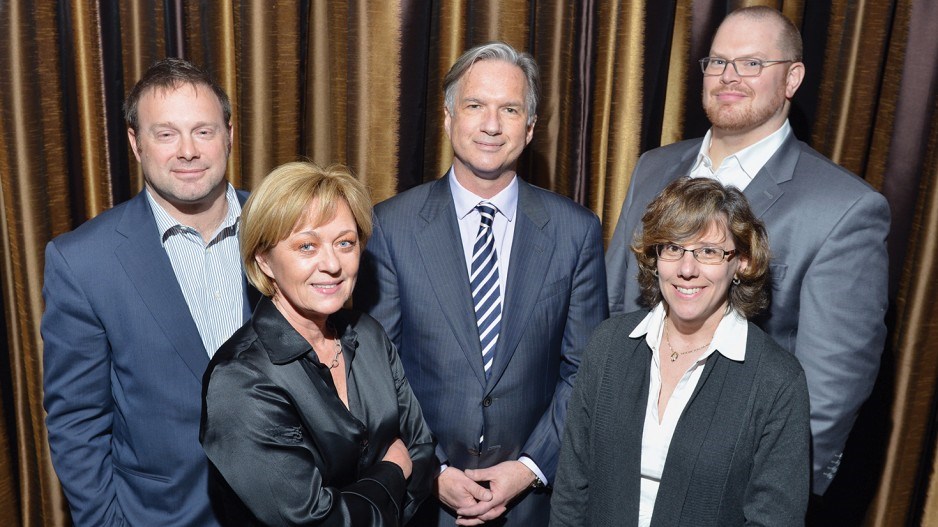The Internet is full of stories and statistics about the perils of buying or selling a business. With studies finding that most people who set out to purchase a business never end up completing the task, or that fewer than 20% of businesses get sold after going on the market, the prospect of buying or selling can appear daunting.
Couple this with retiring baby boomers looking to cash out on companies they founded decades ago, and Canadian mergers and acquisitions hitting a nine-year high last year, according to Bloomberg, and you might have a market ripe for frenzied activity, overvaluation and emotions getting the best of many deals.
Neil Belenkie, one of three panellists at Business in Vancouver’s recent Business Excellence Series forum on buying and selling businesses, held at the Shangri-La Hotel on April 4, said it’s important to pay attention to the emotions surrounding the deal – and to make sure they’re the right emotions.
Belenkie wears a number of hats in the business world. He’s CEO of consulting firm The $2000 Coffee and chief of 3D printing company NewPro3D, and helms professional services firm Your Ultimate Speech. Belenkie is also an economic development representative for the government of Flanders, Belgium, and North American general manager of XinTech Co., a Chinese consulting firm. He said any savvy business person has intuition or “spidey sense” about virtually any type of business transaction.
“Buying a business is the same as buying anything,” he said. “You think of buying a car or a house and the spidey sense that’s maybe not coming off the car or the house, but the person representing that.”
Belenkie said it’s important to pay attention to that gut feeling, which can pick up on discreet signs that someone is overly eager to sell or trying to rush the process. He said the mark of a salesman, not a legitimate seller, is someone who makes it appear the deal will disappear quickly if you don’t act fast and dispense with the details. Potential buyers need to be sensitive to this, he said.
“Whatever you do, never ignore that feeling. I’ve never, ever heard someone after the fact say, ‘Everything in my soul was telling me not to do that, and I did it, and it was just great that I did it.’”
When ironing out the details, many business owners or prospective sellers lean on lawyers for advice. Panellist Ryan Howe, an associate with Alexander Holburn Beaudin + Lang LLP, said there are so many threads in the wrapping up of a deal, it’s important to remember that “due diligence,” a common legal term, can refer to a number of things.
“Normally when lawyers talk due diligence they’re talking statutory due diligence,” Howe said. “So we’re trying to figure out if there’s any outstanding WorkSafe claims, any taxes unpaid, anything that could end up becoming some kind of statutory encumbrance on the business or the assets that we’re buying.”
Howe said it’s never a good idea to leave questions unanswered or concerns on the table, no matter how small they might appear.
“We want certainty,” he said. “What are we buying? What’s the bottom-dollar price? People often mistake the legal due diligence for full due diligence.”
Determining the price isn’t always easy. Panellist Sandy Adachi, a partner with MNP LLP’s tax services group in South Surrey, said the toughest part of her job is when she has to tell clients the business they spent decades building is probably not going to fetch as much as they want.
“It’s the hardest thing ever to tell a client, because it is their baby,” she said. “They think the business is worth $3 million and it’s worth half that.”




